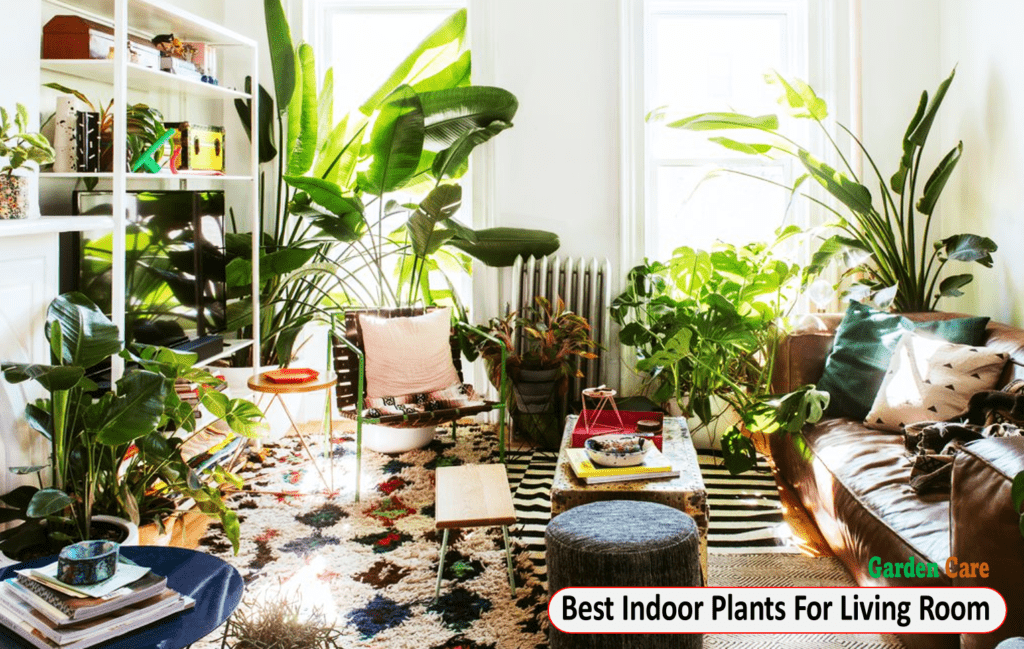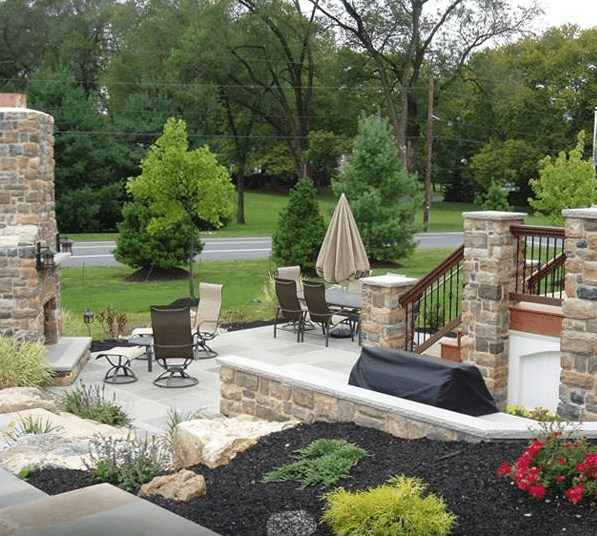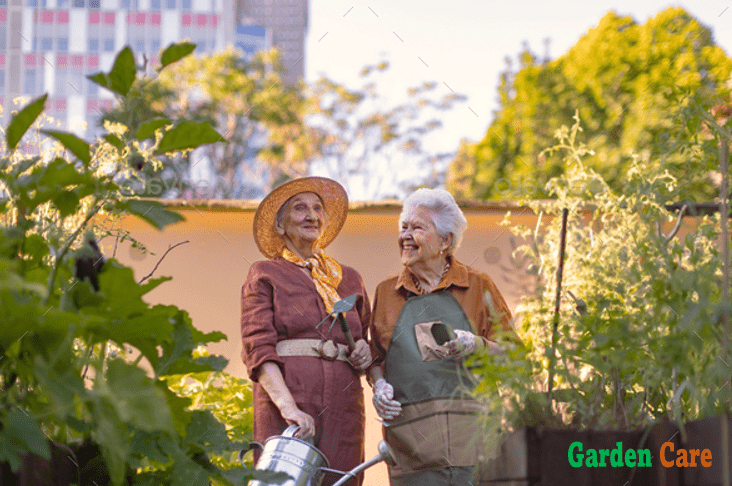The Best Garden Plants for Beginners are low-maintenance and easy to grow.

Understanding The Basics Of Gardening
New to gardening? Discover the top garden plants ideal for beginners. Learn the basics and get started on creating your own green haven.
Gardening is a delightful hobby that allows you to connect with nature and create a beautiful outdoor space. Whether you have a sprawling backyard or a small balcony, starting a garden can be a rewarding experience. Before diving into the world of gardening, it’s essential to understand the basics. By familiarizing yourself with the fundamentals, you can lay a solid foundation for a successful garden.
Choosing The Right Plant Types
One of the first steps to consider when starting your garden is choosing the right plant types. Certain plants may require specific care and conditions to thrive. Beginners should opt for plants that are resilient and easy to grow. Popular choices for novice gardeners include herbs like basil, mint, and rosemary, as well as vegetables like tomatoes, lettuce, and cucumbers. These plants typically do well in various environments and are forgiving of minor mistakes.
Additionally, flowering plants such as marigolds, petunias, and pansies can add bursts of color to your garden and attract pollinators. Research the needs and characteristics of each plant type to determine if it aligns with your gardening goals.
Ideal Soil Conditions
The quality of your soil plays a crucial role in the success of your garden. Before planting, assess your soil and make any necessary amendments. Most plants thrive in well-draining soil that is rich in organic matter. Sandy or clayey soil can be improved by adding compost, peat moss, or perlite to enhance drainage. Conduct a soil test to determine its pH level and nutrient content, as certain plants may prefer acidic or alkaline conditions.
Consider creating raised beds or container gardens if your soil quality is poor. These methods allow you to have more control over the soil conditions and make it easier to maintain optimal moisture levels. By providing nutrients and the right texture for root growth, your plants will have a better chance of thriving.
Providing Adequate Sunlight
Just like humans, plants need sunlight to thrive. Understanding the light requirements of your chosen plants is crucial for their overall health. Most vegetables and flowering plants require a minimum of six hours of direct sunlight per day. Take note of the sunniest spots in your garden and plan your plant placements accordingly. Observe the movement of the sun throughout the day to ensure your plants receive the required sunlight.
For those with limited outdoor space, consider growing plants that can thrive in partial shade or shade, such as leafy greens or certain varieties of ferns. Keep in mind that too much shade can negatively impact plant growth and lead to leggy, weak stems. Investing in grow lights can be a viable option for indoor gardening or supplementing natural sunlight in shaded areas.
Top Easy-to-grow Plants For Beginners
As a beginner gardener, choosing the right plants can make all the difference in your success. You want plants that are easy to grow, low-maintenance, and will reward you with beautiful blooms or tasty herbs. In this post, we will explore the top easy-to-grow plants for beginners, including hardy perennials, low-maintenance herbs, and colorful annual flowers.
Hardy Perennials
Hardy perennials are the backbone of any garden. These plants are known for their resilience and ability to withstand various weather conditions, making them perfect for beginners. Some popular varieties of hardy perennials include:
- Roses
- Lavenders
- Daylilies
- Hostas
Low-maintenance Herbs
Herb gardening is an excellent option for beginners. Not only do herbs add incredible flavor to your meals, but they also require minimal care. Here are some low-maintenance herbs that are perfect for beginners:
- Basil
- Mint
- Parsley
- Chives
Colorful Annual Flowers
If you are looking to add a splash of color to your garden, annual flowers are a must-have. These flowers bloom quickly and provide vibrant colors throughout the growing season. Some popular options for beginners include:
- Marigolds
- Petunias
- Zinnias
- Impatiens
Essential Tips For Successful Gardening
Gardening is a rewarding and enjoyable hobby that allows you to connect with nature, beautify your surroundings, and create a vibrant outdoor space. Whether you are a beginner or have some gardening experience, following these essential tips will help you achieve successful results. From proper watering techniques to regular maintenance and pruning, and dealing with common pests and diseases, these tips will guide you on your gardening journey.
Proper Watering Techniques
One of the most crucial aspects of gardening is ensuring your plants receive the right amount of water. Overwatering or underwatering can lead to stunted growth and even plant death. To avoid this, follow these watering techniques:
- Water your plants deeply and infrequently, ensuring the water reaches the root zone.
- Check the moisture level of the soil by inserting your finger into the ground. If it feels dry, it’s time to water.
- Avoid watering your plants during the hottest part of the day to prevent evaporation.
- Consider using a drip or soaker hose system to ensure even watering and minimize water wastage.
Regular Maintenance And Pruning
Maintaining your garden regularly is essential for healthy plant growth and overall aesthetics. Here are some maintenance and pruning tips:
- Remove weeds regularly to prevent competition for nutrients and water.
- Inspect your plants for any signs of disease or pests and take immediate action to prevent infestation.
- Prune your plants to encourage proper growth, remove dead or damaged branches, and maintain the desired shape.
- Dispose of pruned material properly to prevent the spread of diseases.
Dealing With Common Pests And Diseases
Pests and diseases can wreak havoc on your garden if left unchecked. Here’s how you can handle them:
| Pest/Disease | Prevention and Control |
|---|---|
| Aphids | Use insecticidal soap or spray with a strong stream of water to remove them. Encourage beneficial insects like ladybugs. |
| Whiteflies | Introduce natural predators such as lacewings or release whitefly parasitic wasps. Use sticky traps as a preventive measure. |
| Fungal Diseases | Avoid overhead watering. Apply fungicides if necessary. Remove and destroy infected plant parts. |
| Snails and Slugs | Set up barriers like copper tape or use beer traps to catch and eliminate them. |
By following these essential tips for successful gardening, you can create a flourishing and thriving garden that brings you joy and satisfaction. Remember to adapt these techniques to suit the specific needs of your plants and always stay attentive to their growth and well-being.
Frequently Asked Questions Of Best Garden Plants For Beginners
What Is The Easiest Plant To Grow In A Garden?
The easiest plant to grow in a garden is the tomato plant. It requires minimal care, tolerates a range of conditions, and produces abundant fruit. With proper watering, sunlight, and basic maintenance, even beginners can enjoy a successful tomato harvest.
What Should I Plant In My Garden First?
Start your garden with easy-to-grow plants like herbs, lettuce, tomatoes, and peppers. They require minimal maintenance and provide a bountiful harvest. Choose plants suitable for your region and follow proper watering and sunlight guidelines. Happy gardening!
What Is The Best Vegetable Garden For Beginners?
The best vegetable garden for beginners is one with easy-to-grow options such as tomatoes, lettuce, cucumbers, and herbs. Choose plants that require minimal care and space, making it simpler for new gardeners to start growing their own vegetables.
What Is The Most Low Maintenance Outdoor Plant?
The most low maintenance outdoor plant is the succulent. With their ability to store water, they require minimal care and can thrive in various weather conditions. Their unique shapes and colors also make them an attractive addition to any garden.
Conclusion
These best garden plants for beginners provide an ideal starting point for anyone venturing into gardening. With their low maintenance requirements, vibrant blooms, and ability to thrive in various conditions, these plants offer beginners a chance to develop their green thumb.
By choosing plants like marigolds, petunias, basil, and tomatoes, beginners can enjoy a successful and rewarding gardening experience. So, roll up your sleeves, grab your gardening tools, and start your journey to a beautiful garden filled with these beginner-friendly plants.
Happy gardening!


